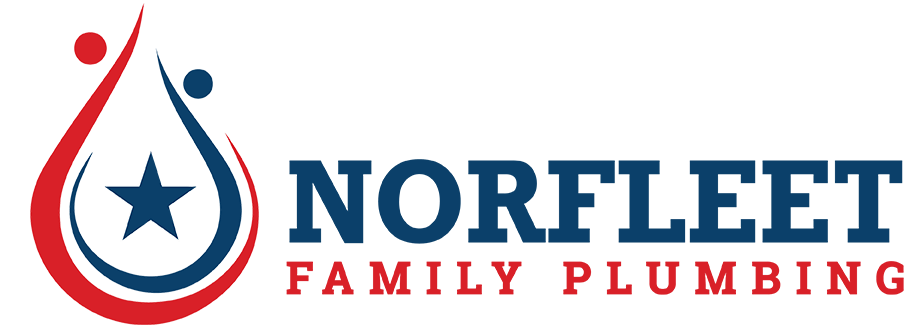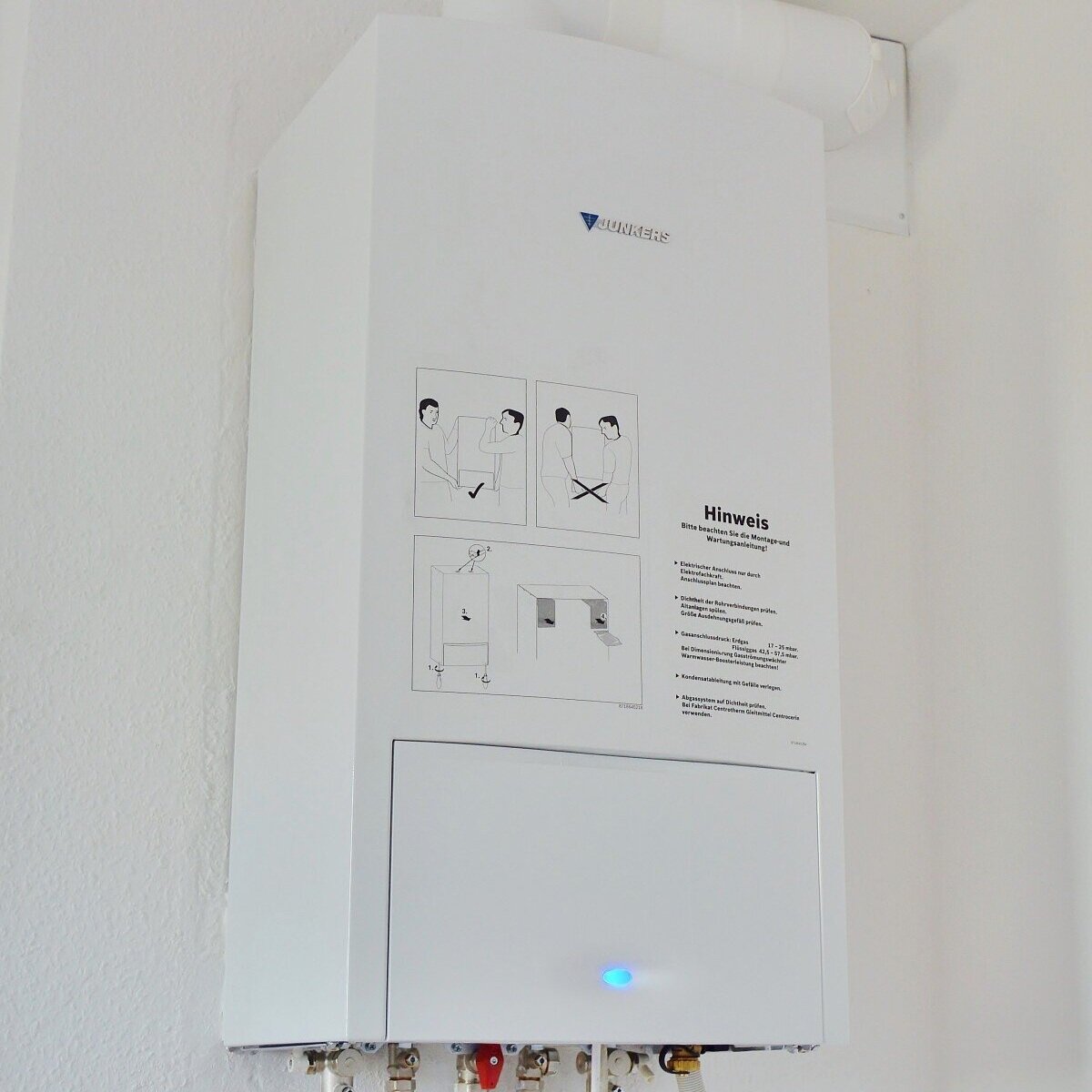Tankless Water Heaters vs. Hybrid Water Heaters: Which Should You Choose?
Tankless water heaters have taken much of the attention away from traditional water heaters for decades. Tankless water heaters are better at energy efficiency, take up less space, and pump out an unlimited hot water supply. While the tankless heater catches the eye of many homeowners, there's another electric heater on the market, beating out the competition: a hybrid, or heat pump, water heater. Please keep reading as we compare the tankless water heater and the hybrid water heater.
Tankless water heater
Tankless water heaters operate on either gas or electricity. They are an "on-demand" heating option for water. Why is this the case? Because rather than having a tank that heats to the desired temperature, the unit heats water as demanded.
Hybrid heat pump water heater
A hybrid water heater draws heat from the tank's air and uses a pump and coil system to warm the water before supplying it to faucets, showers, and other home appliances. Unlike a tankless solution, the hybrid still uses a tank to provide hot water to homes.
Advantages and disadvantages of going tankless
The benefits of a tankless water heating system relate to energy and space savings and are as follows:
The unit won't run out of hot water as it heats it on demand, not from a tank supply.
Going tankless saves significantly on energy costs than the traditional unit but closely matches a hybrid in this category.
Tankless water heaters need less space than conventional and hybrid units.
The cons of going tankless focus more on the time needed to heat the water and initial costs. Disadvantages of a tankless water heater are:
A three- to eight-second lag time to get burners fired up causes the water to take longer than typical units to get warm.
Tankless water heaters cost more to install than hybrid and traditional water heaters and can be an extensive project when switching from one unit type to another.
Tankless heaters still require flushing to prevent built-up sediment from jeopardizing the unit's efficiency and can be done as a DIY or by enlisting professional plumbing services.
Advantages and disadvantages of a hybrid heat pump system
The hybrid system is unique by pulling from the air around the unit rather than creating the heat itself. Not generating its heat has benefits:
Hybrids have lower operating costs when used in warm climates than all other electric water heaters available on the market.
Hybrids are less costly to install than tankless water heaters.
Heat pump hybrids come with tax incentives and rebates that could further improve the cost-effectiveness of installation.
Hybrid water heaters, similar to tankless units, save on energy costs over the long term.
Not every aspect of the hybrid water heater is outstanding. Colder climate homeowners do not prefer hybrids as it costs too much energy to take cool air and heat it. Other disadvantages of electric hybrid heat pumps are:
Hybrids cost more than traditional water heaters.
Maintenance and installation include regularly cleaning air filters to maintain efficiency and reconfiguring water pipes to prevent pipe damage and leaks.
Heat pump water heaters require 1,000 cubic feet to operate and may not be an option for residents with limited space for their water heating unit.
Which water heater should you choose?
When considering space, tankless wins out over the hybrid solution. In warmer climates, hybrid units can pull from the air and heat water using very little energy. Also, the energy savings on both systems outmatch and outlast traditional water heaters. The hybrid water heater challenges tankless water heaters with similar energy efficiencies and benefits as the top choice amongst homeowners and plumbers. Speak with a professional plumber to select the best type of water heater for your home and your household's needs.
Norfleet Family Plumbing Heating and Air is a dependable full-service plumber offering gas tankless water heater installation, gas tanker water heater repair, gas water heater installation, gas water heater repair, electric water heater repair, hybrid water heater installation, and hot water recirculation pump solutions in Chandler, Gilbert, Mesa, Queen Creek, Ahwatukee, and San Tan Valley. Call 480-681-1764.

